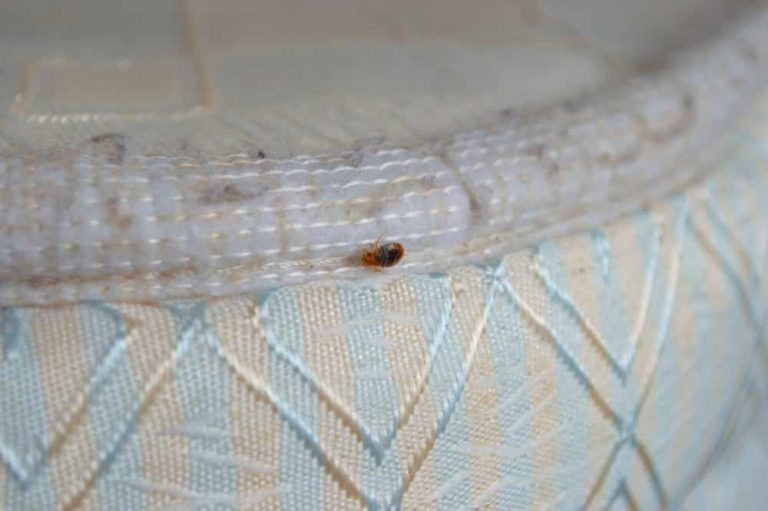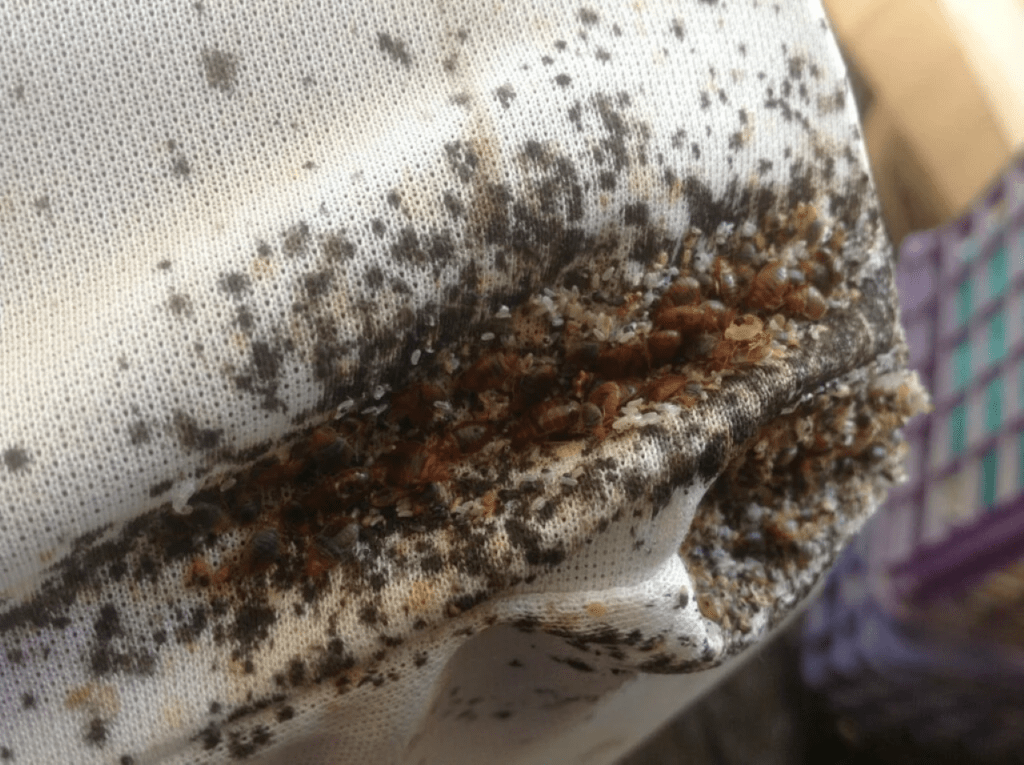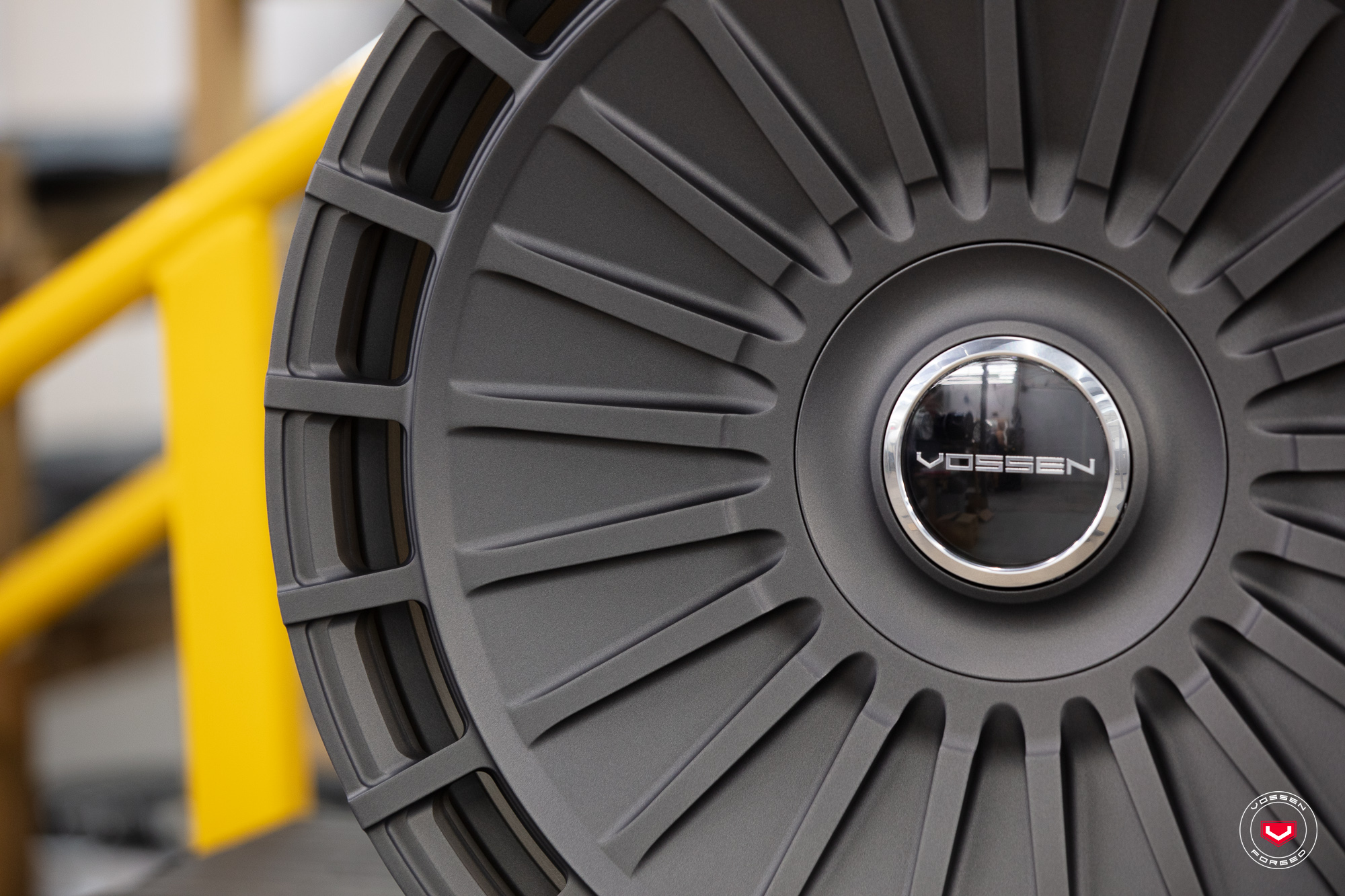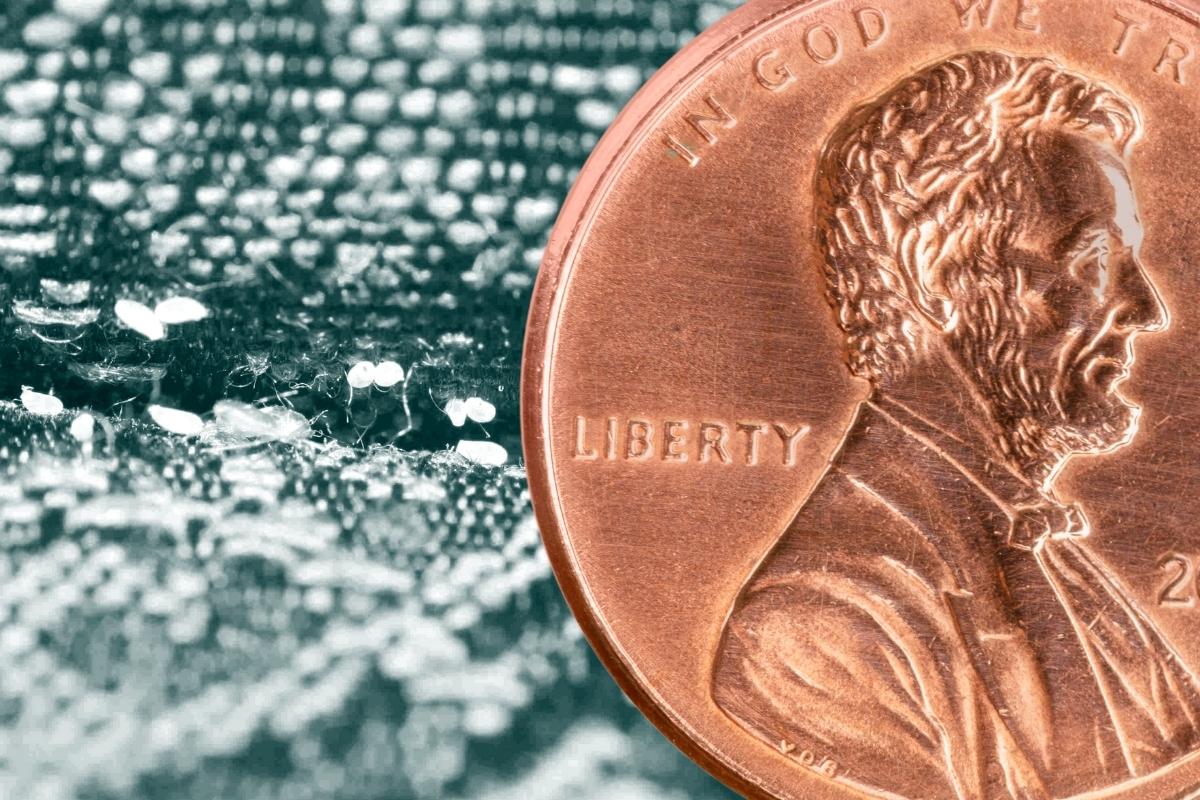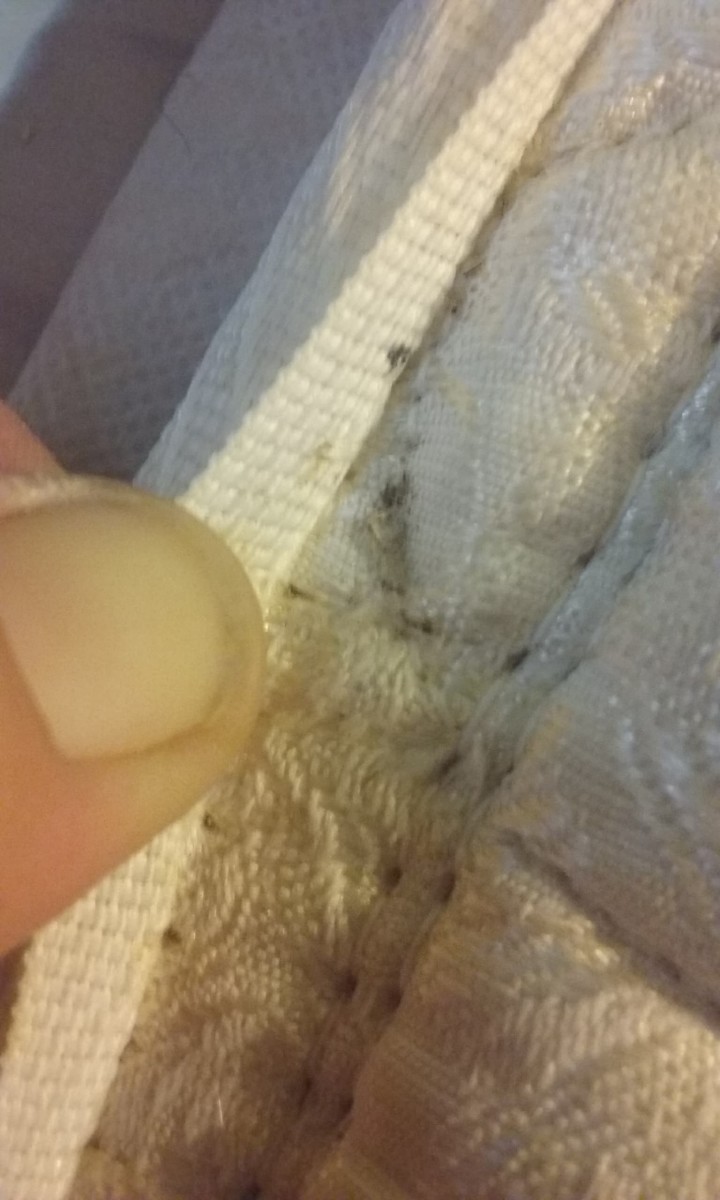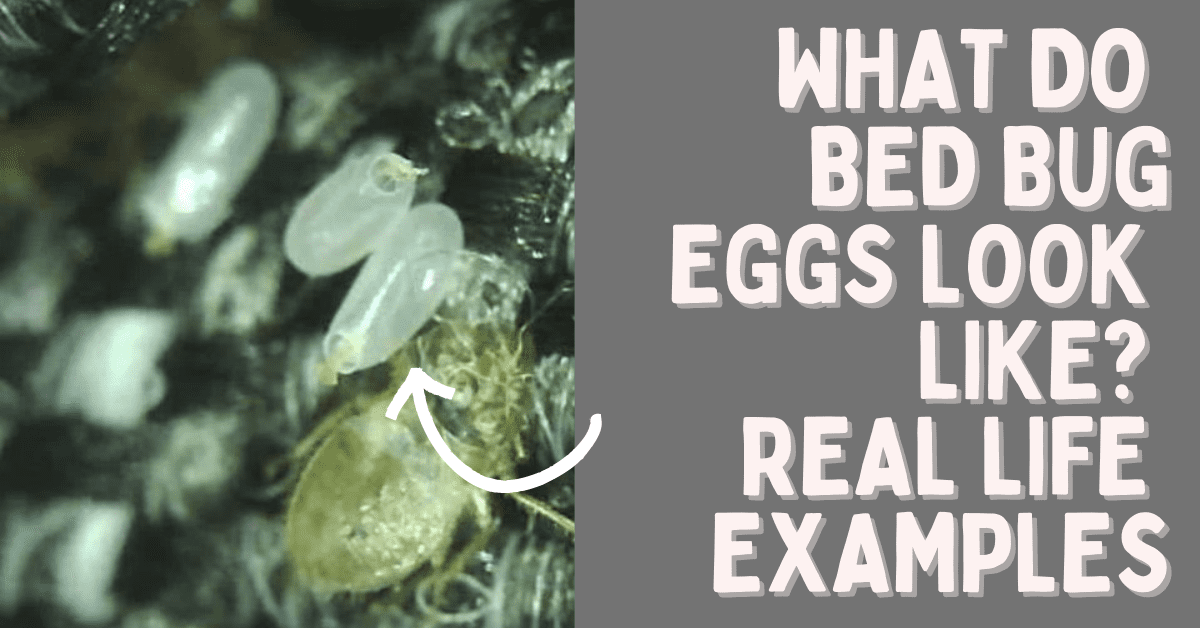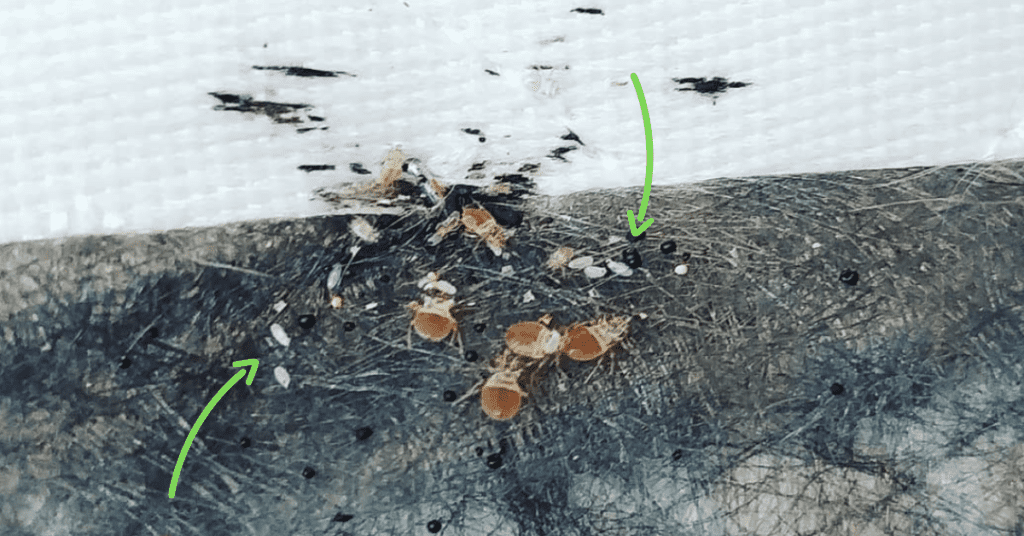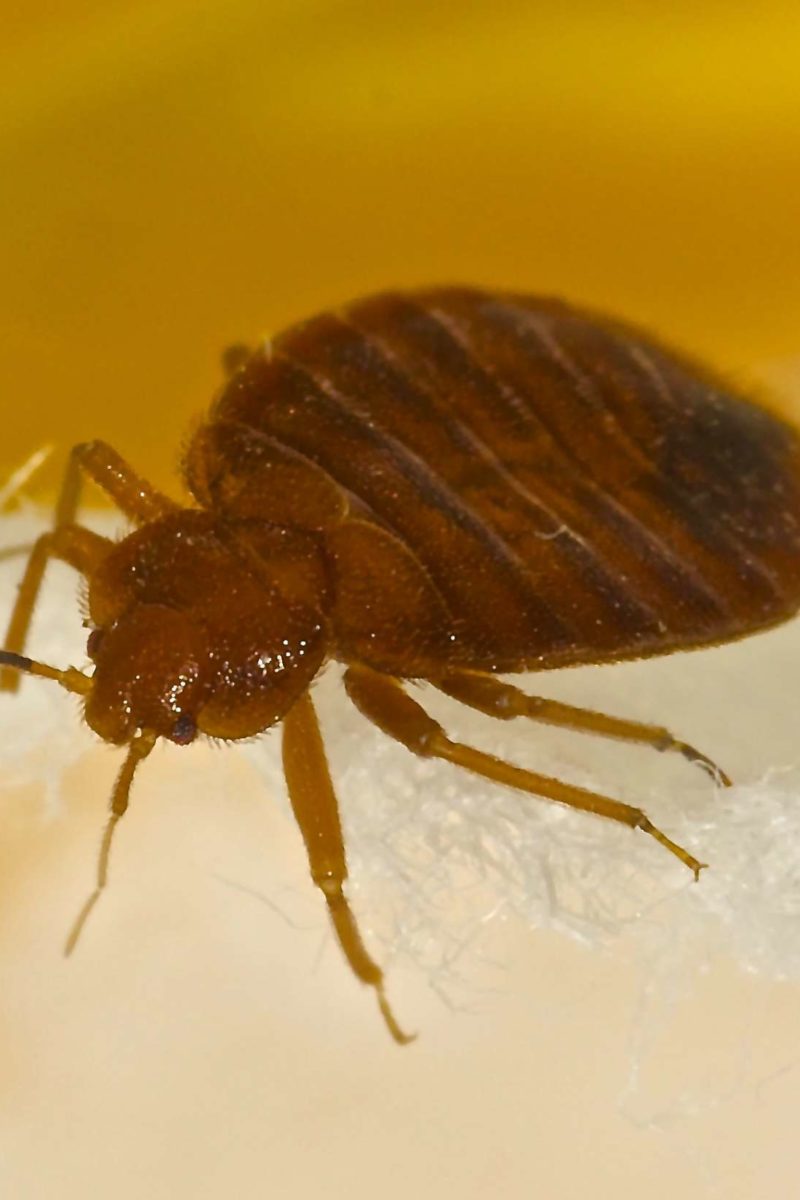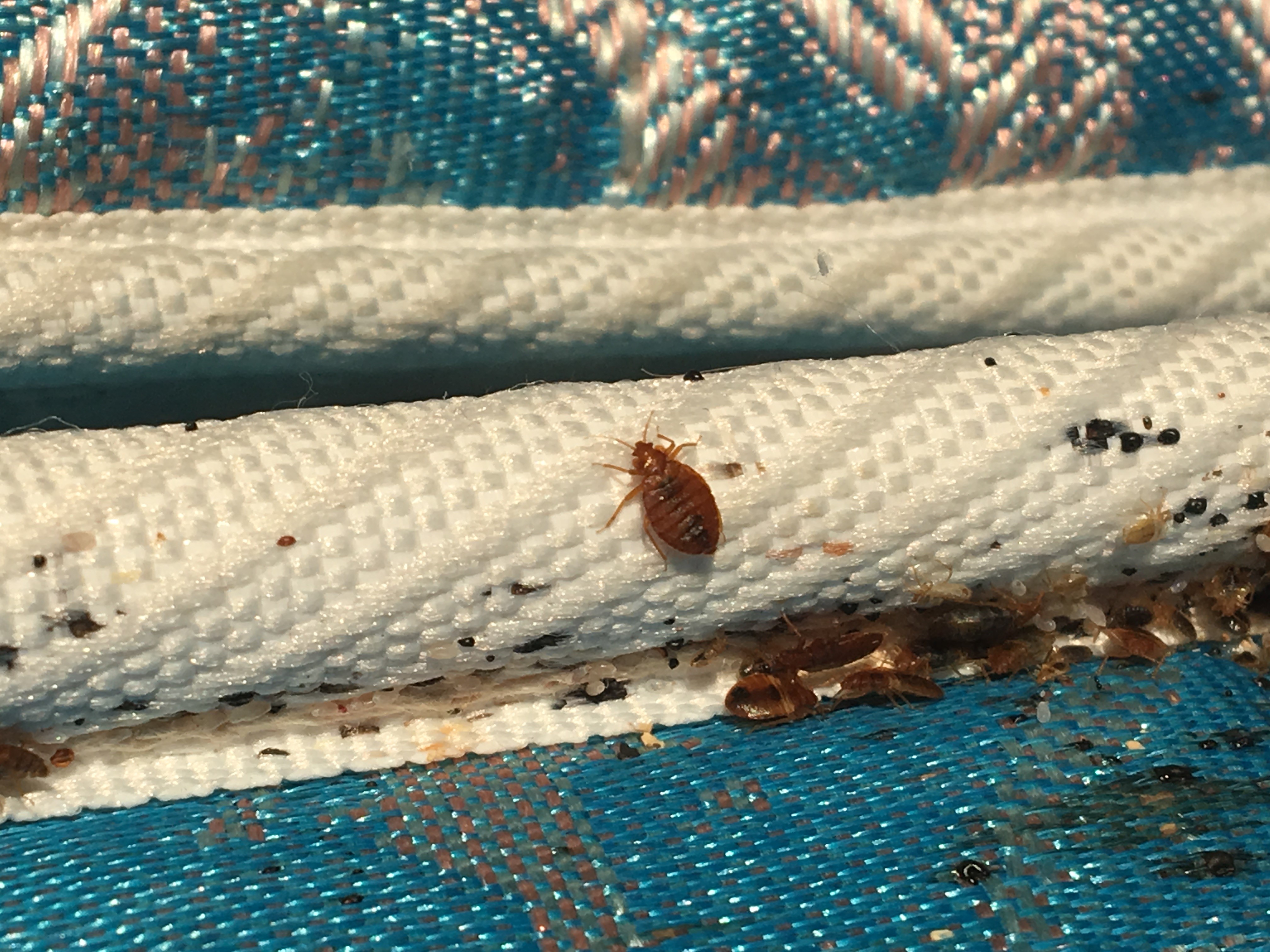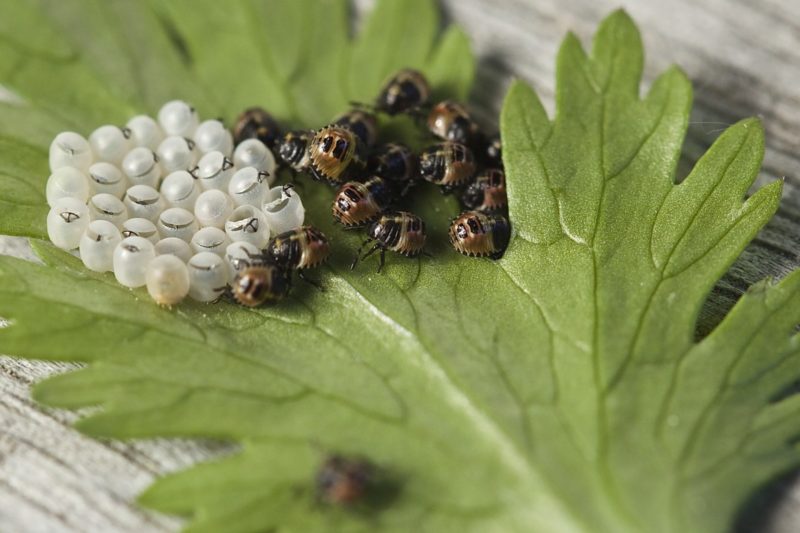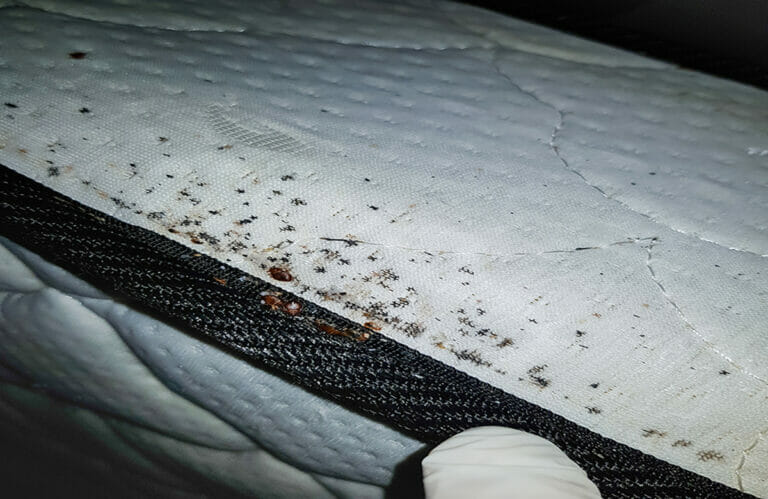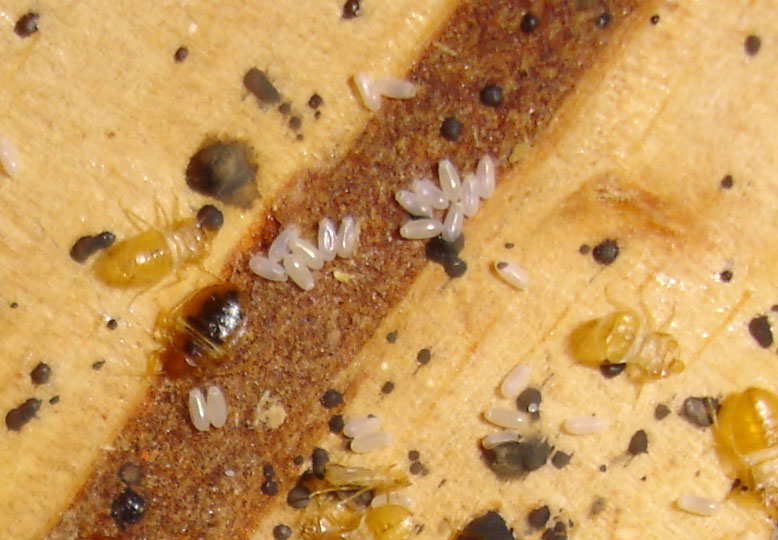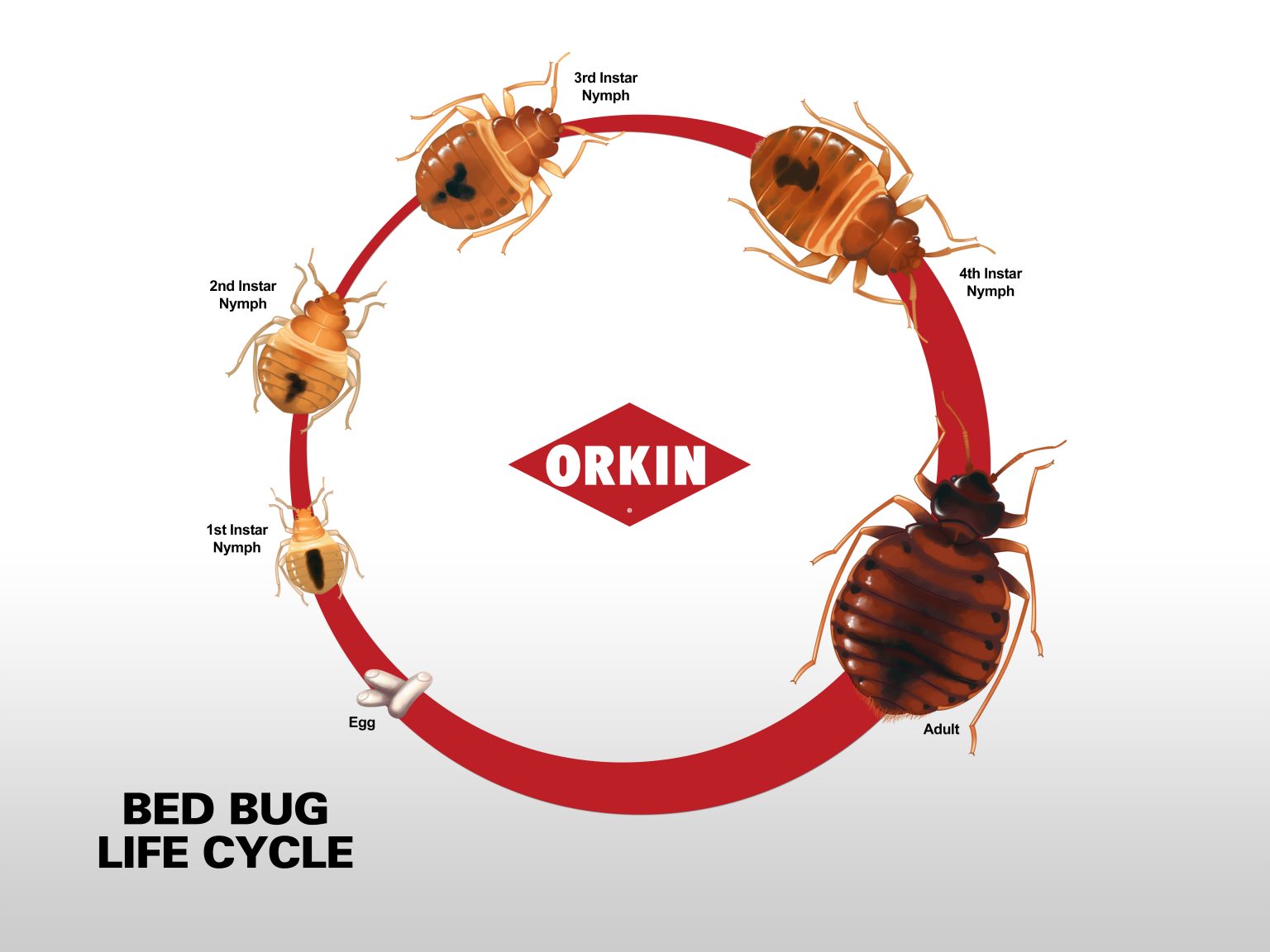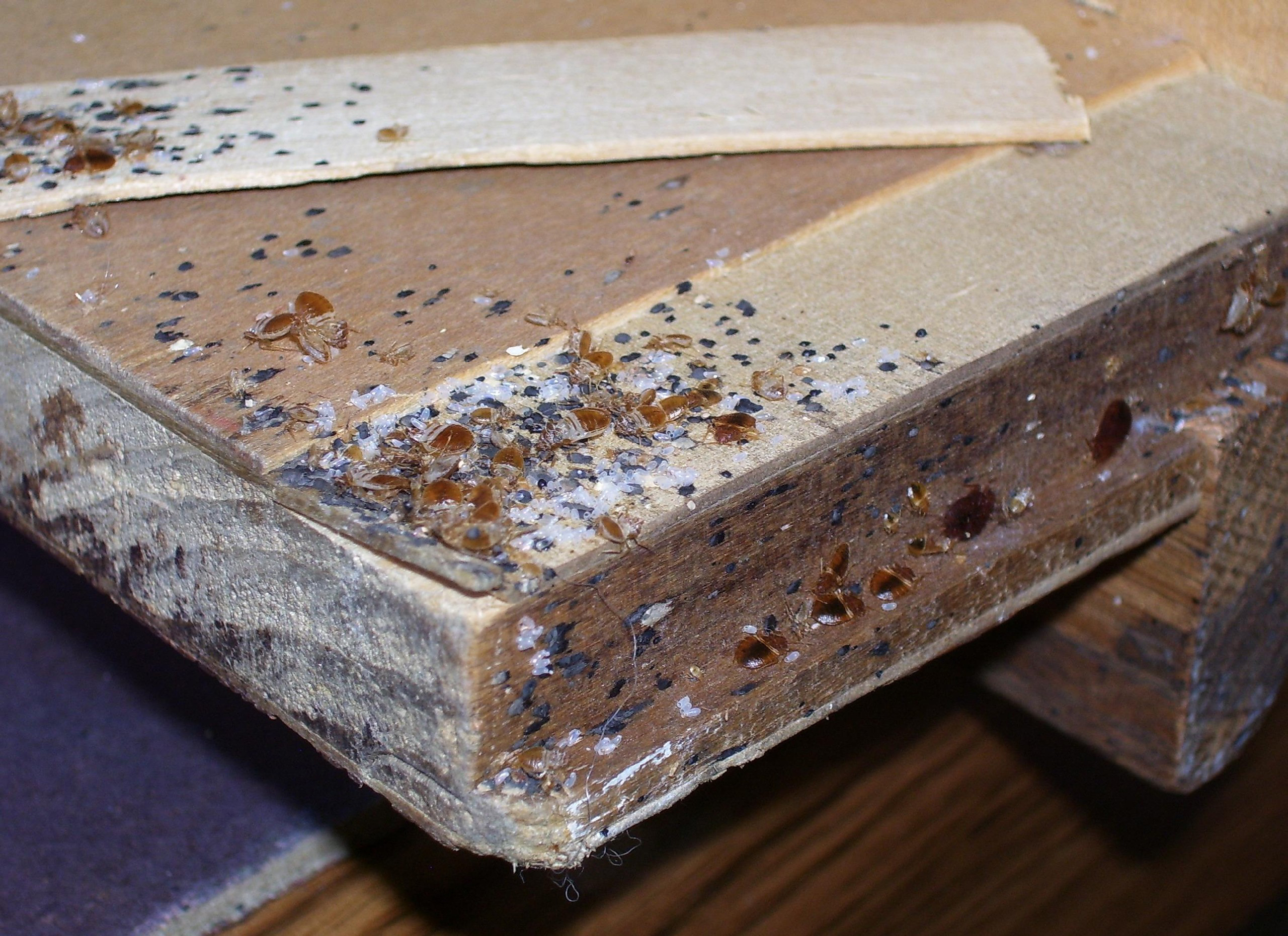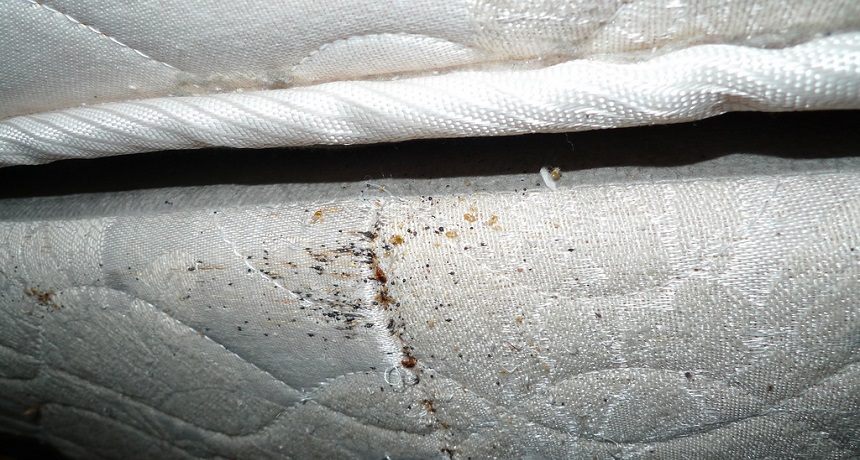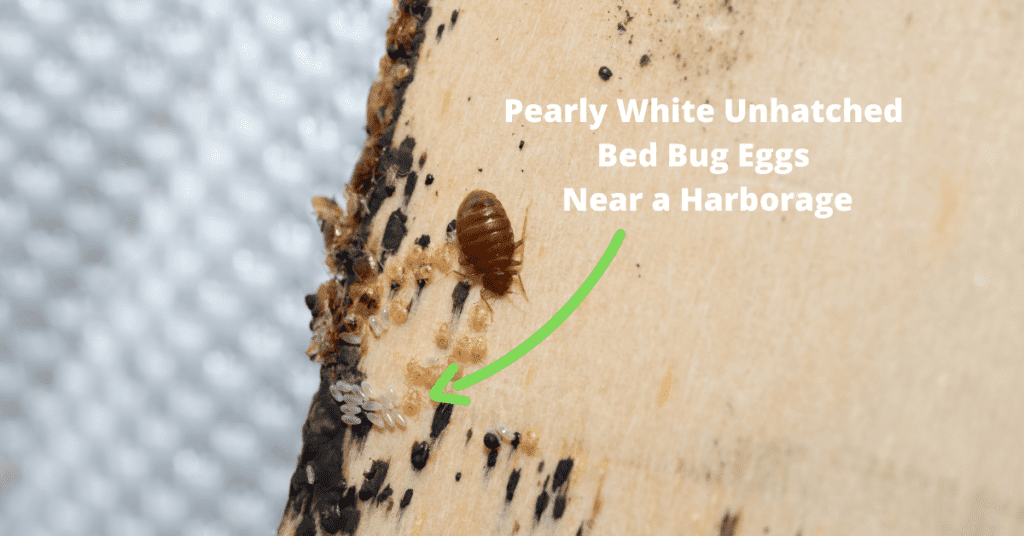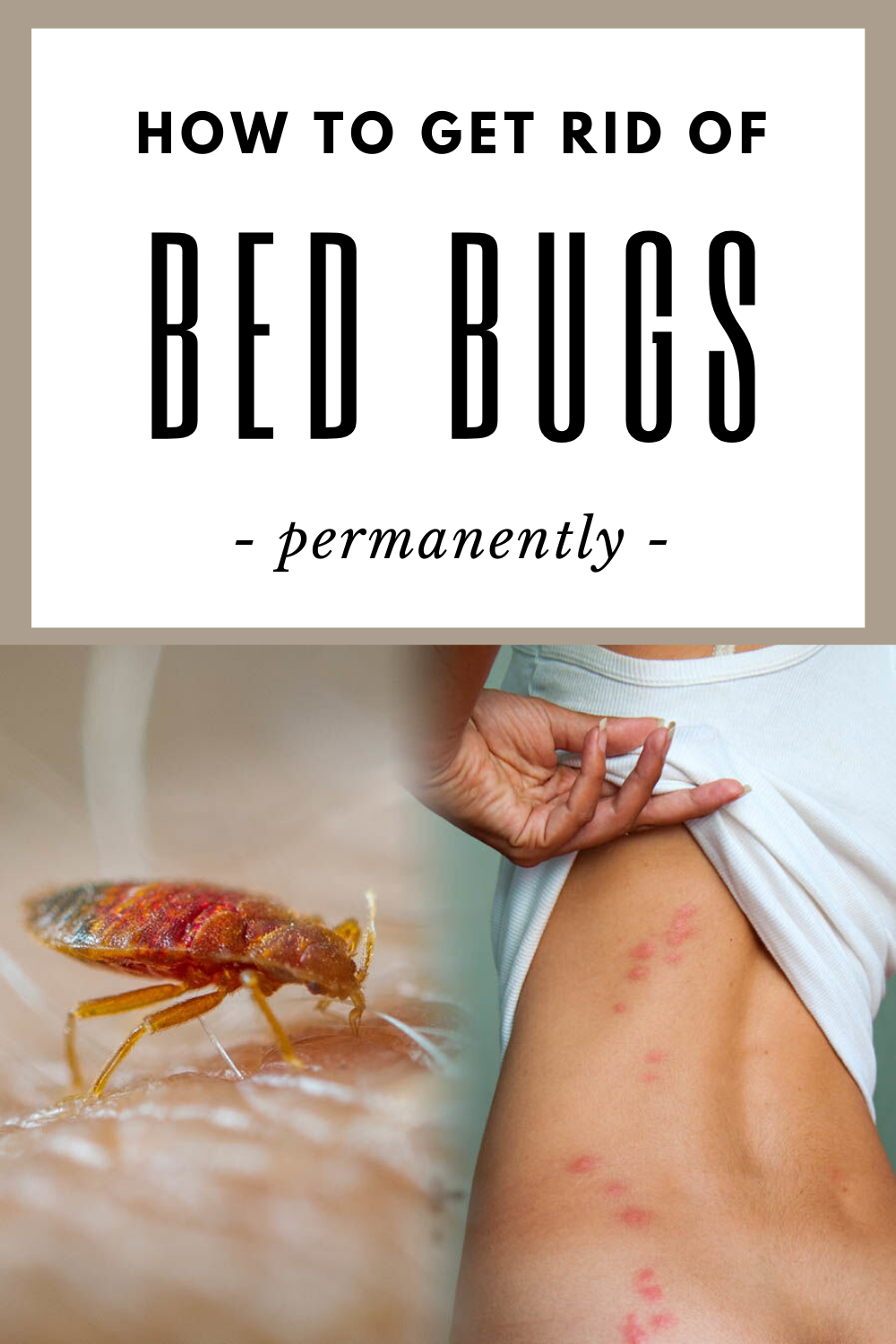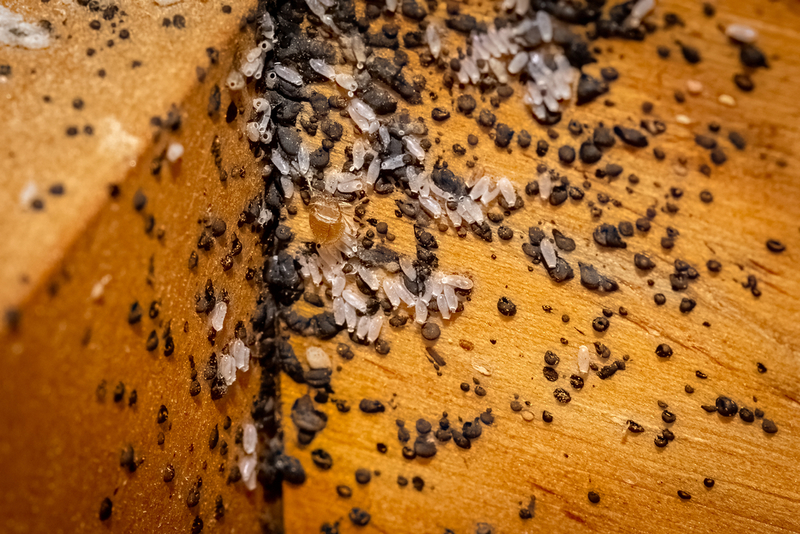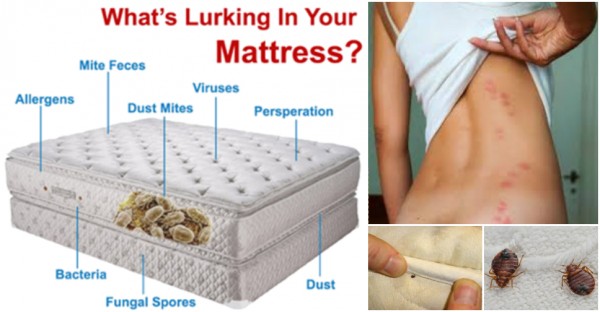If you're waking up with itchy red bites on your body, there's a chance that you have bed bugs in your mattress. These pesky creatures can leave behind a trail of eggs that can easily go unnoticed. But how do you know if those tiny white specks on your mattress are actually bed bug eggs? Here's how to identify bed bug eggs in your mattress and what to do about them.How to Identify Bed Bug Eggs in Your Mattress
Bed bug eggs are tiny, about the size of a pinhead, and are typically white or translucent in color. They can be difficult to spot as they blend in with the color of your mattress. However, if you look closely, you may be able to see them clustered together in groups. They may also be hidden in the seams and crevices of your mattress.What Do Bed Bug Eggs Look Like in a Mattress
The first step in removing bed bug eggs from your mattress is to thoroughly inspect it. Use a flashlight and a magnifying glass to look for any signs of eggs or live bugs. If you do see bed bug eggs, you can use a vacuum to suck them up. Be sure to empty the vacuum immediately after use to prevent any eggs from hatching inside.Removing Bed Bug Eggs from Your Mattress
Preventing bed bug eggs in your mattress is not easy, but there are a few things you can do to reduce the risk. First, regularly inspect your mattress for any signs of bed bugs or eggs. Secondly, encase your mattress in a bed bug-proof cover to prevent any bugs from getting in or out. Finally, avoid bringing used furniture or items into your home without thoroughly checking for any signs of bed bugs.How to Prevent Bed Bug Eggs in Your Mattress
Aside from actually seeing the eggs, there are a few other signs that may indicate the presence of bed bug eggs in your mattress. These can include tiny dark spots on your sheets, mattress, or walls, which are the fecal matter of bed bugs. You may also notice a musty odor, which is a scent that bed bugs give off.Signs of Bed Bug Eggs in Your Mattress
Unfortunately, yes. Bed bug eggs can survive in your mattress for several months. They have a hard outer shell that protects them from being crushed or sucked up by a vacuum. They can also survive in extreme temperatures, so simply leaving your mattress out in the cold or heat may not be enough to get rid of them.Can Bed Bug Eggs Survive in a Mattress
Bed bug eggs typically hatch within 6-10 days, depending on the temperature and humidity. Once hatched, the nymphs can live for several months without a blood meal. This means that if you have bed bug eggs in your mattress, they can continue to reproduce and infest your home for a long time.How Long Do Bed Bug Eggs Live in a Mattress
Finding bed bug eggs in your mattress can be a frustrating and stressful experience. The best course of action is to hire a professional exterminator to get rid of the infestation. They will use specialized treatments to kill the eggs, nymphs, and adult bed bugs. It's important to act quickly, as bed bugs can easily spread to other areas of your home if left untreated.What to Do if You Find Bed Bug Eggs in Your Mattress
In addition to hiring a professional exterminator, there are a few things you can do to get rid of bed bug eggs in your mattress. First, wash all of your bedding and linens in hot water and dry them on high heat. This will kill any eggs or bugs hiding in your sheets. Next, use a steam cleaner on your mattress, paying close attention to the seams and crevices. Finally, vacuum your mattress thoroughly and dispose of the vacuum bag immediately.How to Get Rid of Bed Bug Eggs in Your Mattress
If you want to ensure that all bed bug eggs are completely eliminated from your mattress, it's best to seek professional treatment. Exterminators have specialized tools and knowledge to effectively get rid of bed bugs and their eggs. They may also offer follow-up treatments to ensure that the infestation is completely eradicated. Don't let bed bug eggs in your mattress cause you sleepless nights. By knowing how to identify, prevent, and get rid of them, you can take back control of your mattress and have a good night's sleep once again.Professional Treatment for Bed Bug Eggs in a Mattress
The Dangers of Bed Bug Eggs in Your Mattress

How Do Bed Bugs Get Into Your Mattress?
 One of the biggest concerns when it comes to bed bugs is their ability to lay eggs in your mattress. These tiny pests are known for their ability to hide in small, dark spaces and can easily make their way into your mattress. They can be brought into your home through used furniture, luggage, or even on clothing. Once inside, they quickly multiply and can lay hundreds of eggs in just a few weeks. If you suspect you have bed bugs in your mattress, it's important to take action immediately to prevent a full-blown infestation.
One of the biggest concerns when it comes to bed bugs is their ability to lay eggs in your mattress. These tiny pests are known for their ability to hide in small, dark spaces and can easily make their way into your mattress. They can be brought into your home through used furniture, luggage, or even on clothing. Once inside, they quickly multiply and can lay hundreds of eggs in just a few weeks. If you suspect you have bed bugs in your mattress, it's important to take action immediately to prevent a full-blown infestation.
The Hidden Dangers of Bed Bug Eggs
How to Get Rid of Bed Bug Eggs in Your Mattress
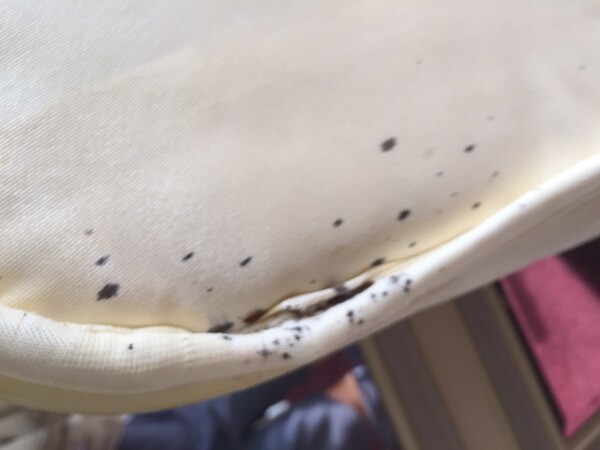 Getting rid of bed bug eggs in your mattress can be a daunting task, but it is necessary to prevent a larger infestation. The first step is to thoroughly clean and vacuum your mattress, paying special attention to seams, crevices, and any other areas where bed bugs may be hiding. You can also use a steam cleaner to kill any eggs and adult bed bugs. It's important to wash all bedding and linens in hot water and dry them on high heat to ensure any remaining eggs are destroyed. If the infestation is severe, it may be necessary to seek professional pest control services to fully eliminate the bed bugs and their eggs.
Getting rid of bed bug eggs in your mattress can be a daunting task, but it is necessary to prevent a larger infestation. The first step is to thoroughly clean and vacuum your mattress, paying special attention to seams, crevices, and any other areas where bed bugs may be hiding. You can also use a steam cleaner to kill any eggs and adult bed bugs. It's important to wash all bedding and linens in hot water and dry them on high heat to ensure any remaining eggs are destroyed. If the infestation is severe, it may be necessary to seek professional pest control services to fully eliminate the bed bugs and their eggs.
Preventing a Bed Bug Infestation
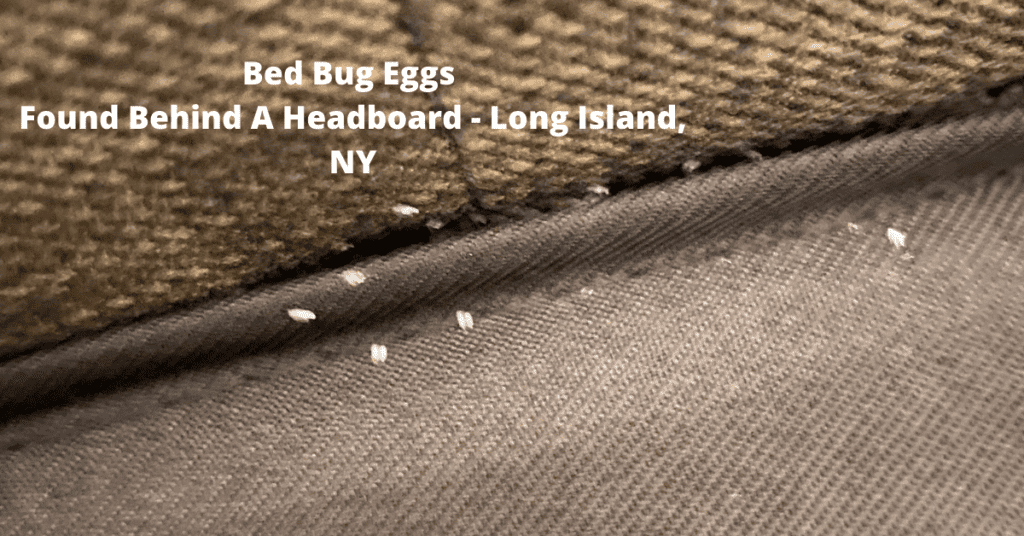 The best way to deal with bed bug eggs in your mattress is to prevent them from ever getting there in the first place. When purchasing used furniture, thoroughly inspect it for any signs of bed bugs or their eggs. When traveling, be sure to check your luggage for any hitchhiking bed bugs before bringing it back into your home. And if you do end up with a bed bug infestation, act quickly to prevent it from spreading and becoming a larger problem.
The best way to deal with bed bug eggs in your mattress is to prevent them from ever getting there in the first place. When purchasing used furniture, thoroughly inspect it for any signs of bed bugs or their eggs. When traveling, be sure to check your luggage for any hitchhiking bed bugs before bringing it back into your home. And if you do end up with a bed bug infestation, act quickly to prevent it from spreading and becoming a larger problem.
Don't Let Bed Bug Eggs Take Over Your Home
 In conclusion, bed bug eggs in your mattress can be a serious issue that requires immediate attention. These tiny pests may be hard to spot, but their ability to spread and survive for long periods of time makes them a major threat. By taking steps to prevent a bed bug infestation and promptly dealing with any eggs that may be found, you can protect your home and family from these pesky and potentially harmful insects.
In conclusion, bed bug eggs in your mattress can be a serious issue that requires immediate attention. These tiny pests may be hard to spot, but their ability to spread and survive for long periods of time makes them a major threat. By taking steps to prevent a bed bug infestation and promptly dealing with any eggs that may be found, you can protect your home and family from these pesky and potentially harmful insects.




